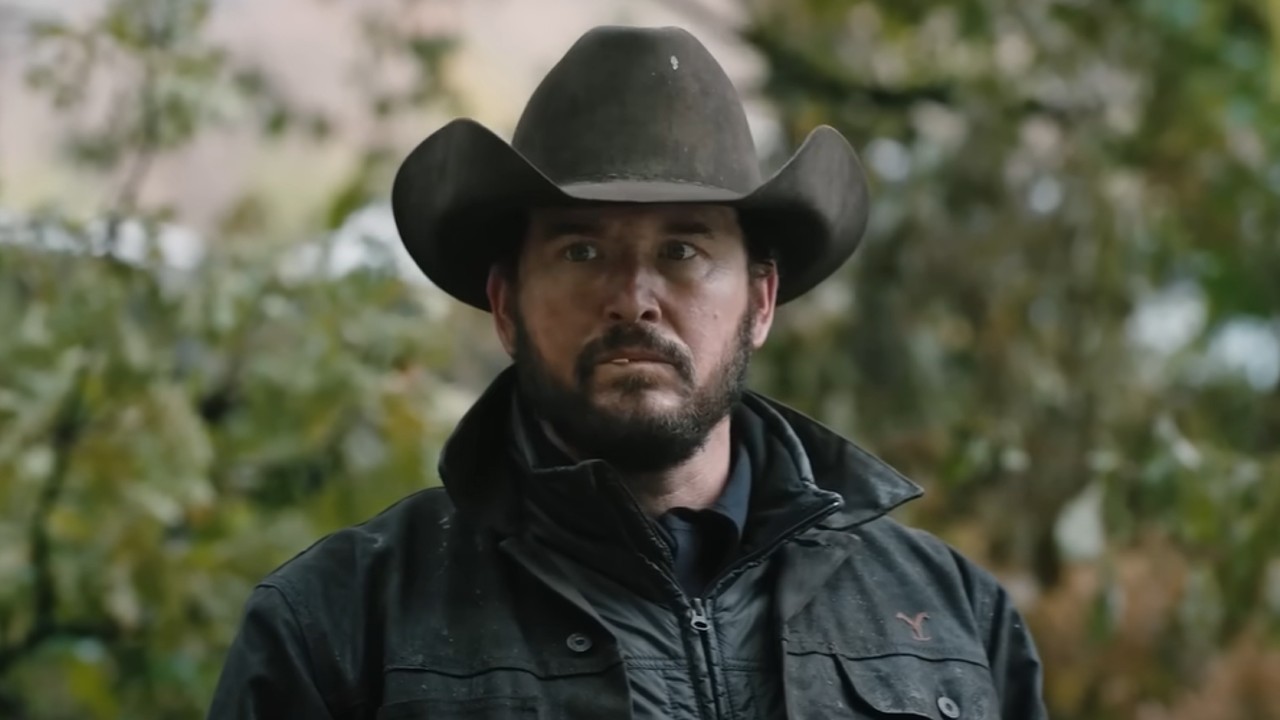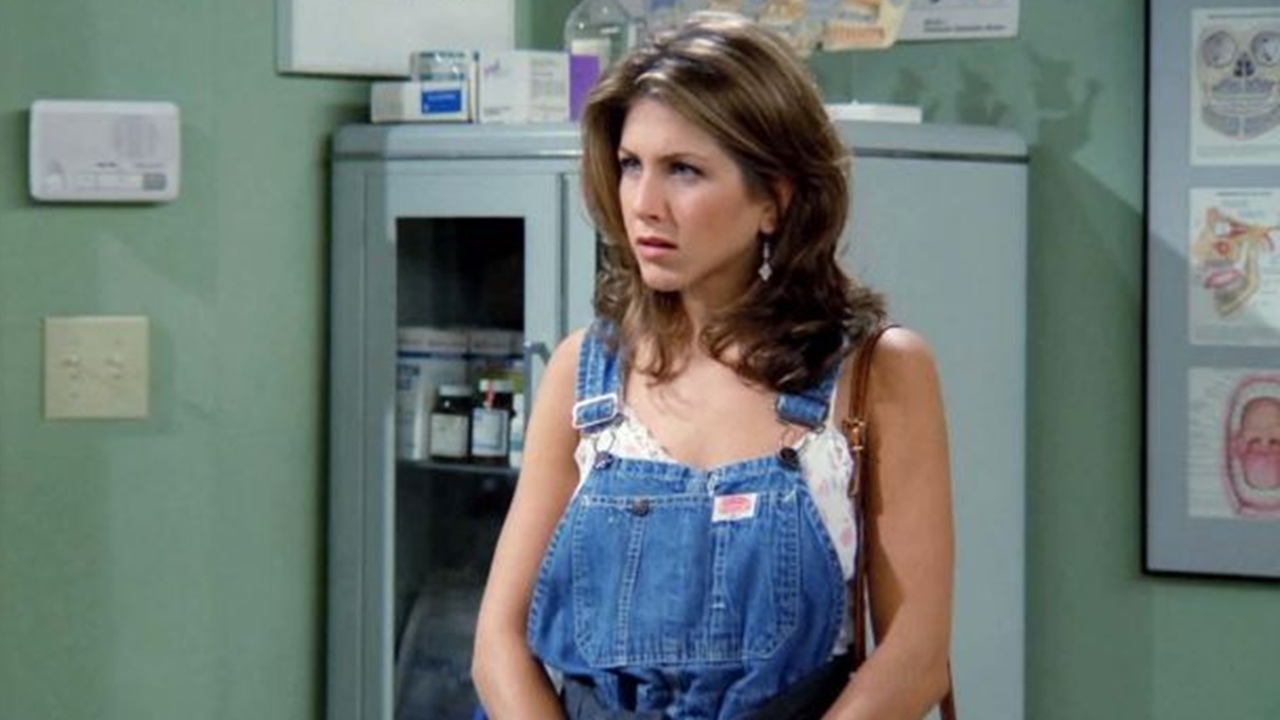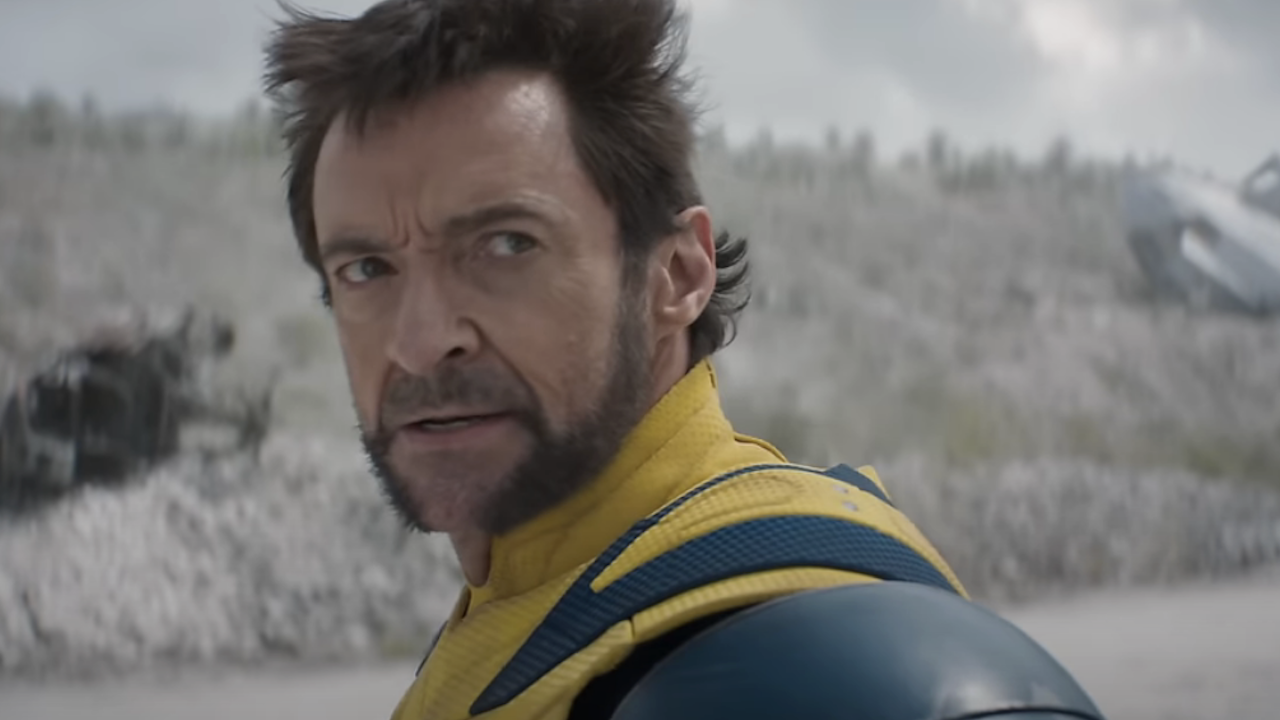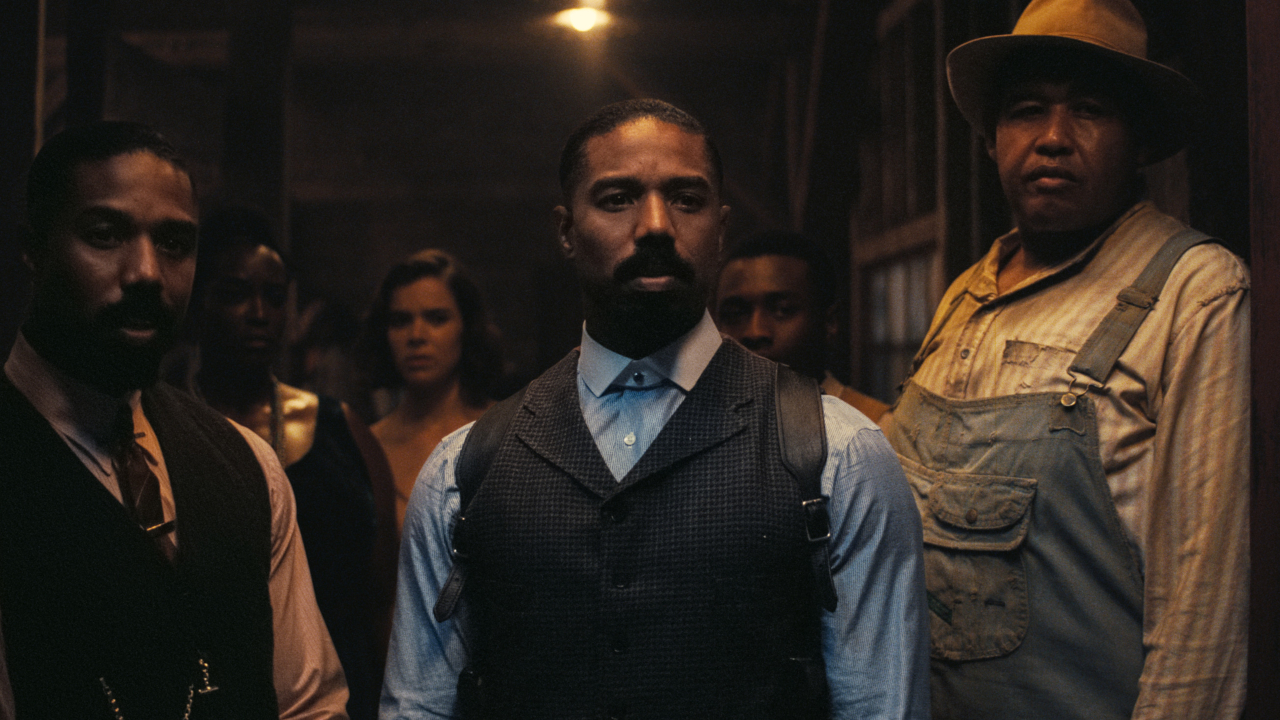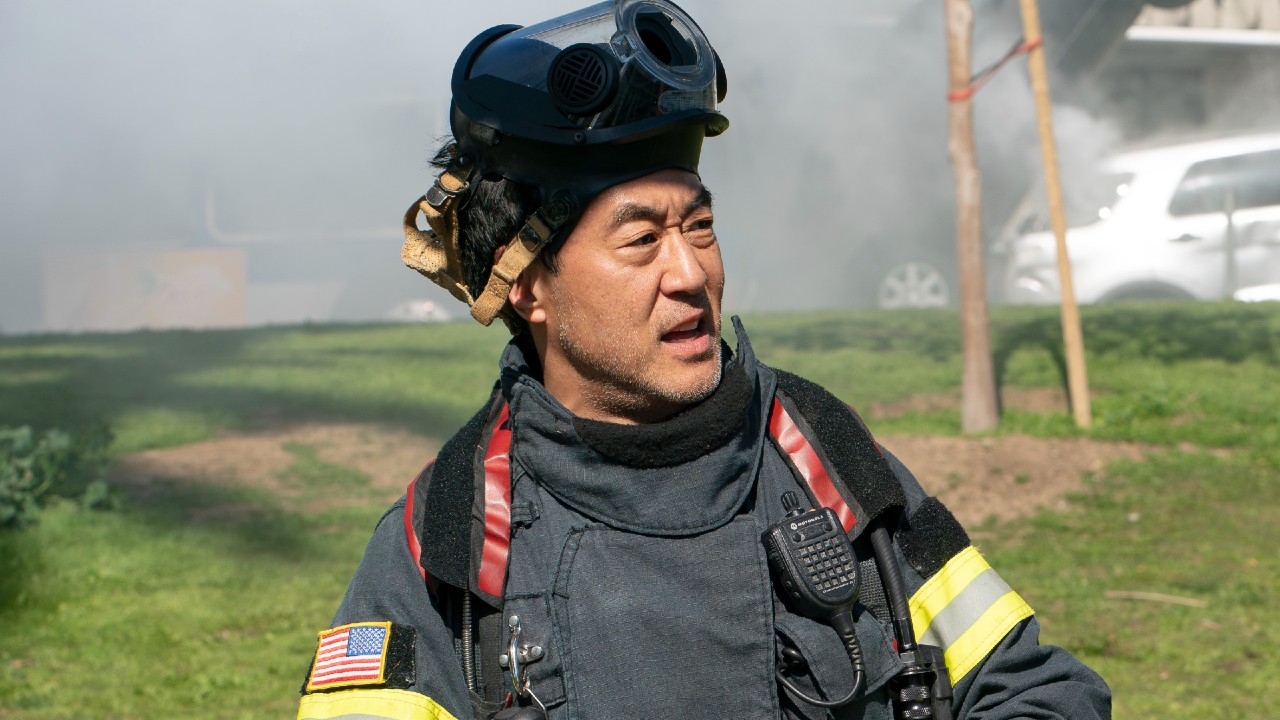Review: Silent Hill Homecoming

Players: 1
Price: $59.99
Platform(s):Xbox 360, Playstation 3, PC
Developer: Double Helix
Publisher: Konami
ESRB: M for Mature
Website:Official Site
CINEMABLEND NEWSLETTER
Your Daily Blend of Entertainment News
Rating:

I don't scare easily. Maybe it's from years of video game desensitization, or maybe it's all those violent and scary movies I've watched since I was a kid; no matter the reason, it takes a lot to scare me. That being said, there were moments during Silent Hill: Homecoming where I jumped and screamed like a little girl. It's been a while since media of any sort has made me do that. There were actually areas that filled me with dread. I didn't want to go on because I was afraid what lurked ahead. But I braved it.
Silent Hill: Homecoming is the sixth title in the Silent Hill franchise, and the second one made by an American team (Double Helix) instead of the usual Team Silent in Japan. Many longtime fans were worried that stupid, unskilled Americans don't know how to make proper games, and that they'd turn their suspenseful, scary horror game into a stereotypical action game with a lighting problem. I am happy to say that this is not the case.
Let me be perfectly honest here: I've never beaten a Silent Hill game ever; actually, I've never beaten a survival horror game that wasn't called Resident Evil 4 (and calling that a survival horror game is a stretch.) That's not to say I haven't played them, on the contrary, I've played every Silent Hill game to date but never finished them. It might have been because they didn't keep my interest, or that I didn't like the encounters with enemies, or that something new came out and I got distracted. Even though it was obvious I didn't have it in me to finish the titles, I kept going back for one reason: atmosphere.
Yes, atmosphere, that magical solution to an equation that few understand. Any game designer can throw dark hallways and cheap scares out at you, but the real masters of atmosphere have learned that it's not what you do, but how you do it. Everything in the Silent Hill games feels like it belongs in Silent Hill, from the music that plays when you're exploring the town, to the dead silence that hits you when you enter a large, dark room. Every one of the games (and the movie, even) seems to nail this aspect perfectly. And Homecoming is no exception.
In Homecoming, you play Alex Shepard, a man who has just been released from a medical hospital. Alex is returning home to Shepard's Glen because he's been having a nightmare about his little brother, Joshua, and has a premonition that his brother is in danger. When Alex gets dropped off by the strangely nice, random trucker driver that's driving him home, things start to get weird. There's a fog about the town and it seems like everybody is gone. Things have changed since Alex left. Of course, throughout the game, you discover plenty of secrets kept by everybody in the town, including plenty of daddy-issues repressed by our hero Alex.
One of the things that Double Helix changed from the previous Silent Hill games is the combat system. Usually in survival horror titles, the combat is clunky and unrefined, a lazy corner cutting measure taken by the developers. They usually claim that the bad combat system adds to the tension, but I don't buy that. Maybe it's because he's got a military background, but fighting monsters with Alex feels like combat in a game should feel like. You've got two basic attack: a soft, quick attack, and a slower, more powerful attack. You can string together a few of the quick ones and a powerful attack for combos, but so can the enemies. If there was one word to be used to describe the combat, it would be visceral. When you use the strong attack with any of the blunt objects in the game, it feels like you're hitting something hard. Very few games manage to capture this feeling, but Homecoming does it ohh so right.
Where Homecoming starts to falter is its implementation of puzzles. Survival horror games are often mocked for having stupid puzzles where they don't make sense (do I really need to find six crystals and line them up correctly to open this normal wooden door?), and unfortunately, this problem seems to plague Homecoming. Some of the puzzles are nicely done and well spaced apart, but there is one spot in particular a little more than halfway through the game, where I put down my controller and just called it stupid. This particular location throws four or five puzzles at you in rapid fire succession, and the worst part is that they don't even fit in with what's going on. At least the puzzles where you have to rewire an electrical box make sense with what's going on in the world, and maybe the fact that some of the earlier puzzles fit so well compared to these ones is what bothered me so much.
I was really impressed with Silent Hill: Homecoming. The story was good and every time I thought I figured out what was going on, the game let me know I was way off. You'll also discover why a game called Silent Hill takes place in a town called "Shepard's Glen." The combat was actually interesting, and at times challenging in a good way. Total play time ended up being around 10 hours, which of course includes watching the cut scenes and wandering around the town exploring every nook and cranny. The game has multiple endings and special items available for multiple playthroughs, so the replay value is fairly high, assuming you enjoyed playing the game the first time. After finishing Silent Hill: Homecoming, I hope that Double Helix ends up making the next title in the franchise, because that team has tons of potential.
Cole Hauser Explained Why Rip's Choices In Yellowstone’s Final Season Are 'What John Dutton Would Want'
Jennifer Lopez Brought Barbiecore To F1 By Rocking A Pastel Pink Catsuit
Jennifer Aniston Admits She’s Been 'Completely Naked' And In Other Weird Situations When Fans Want To Talk To Her About Friends
